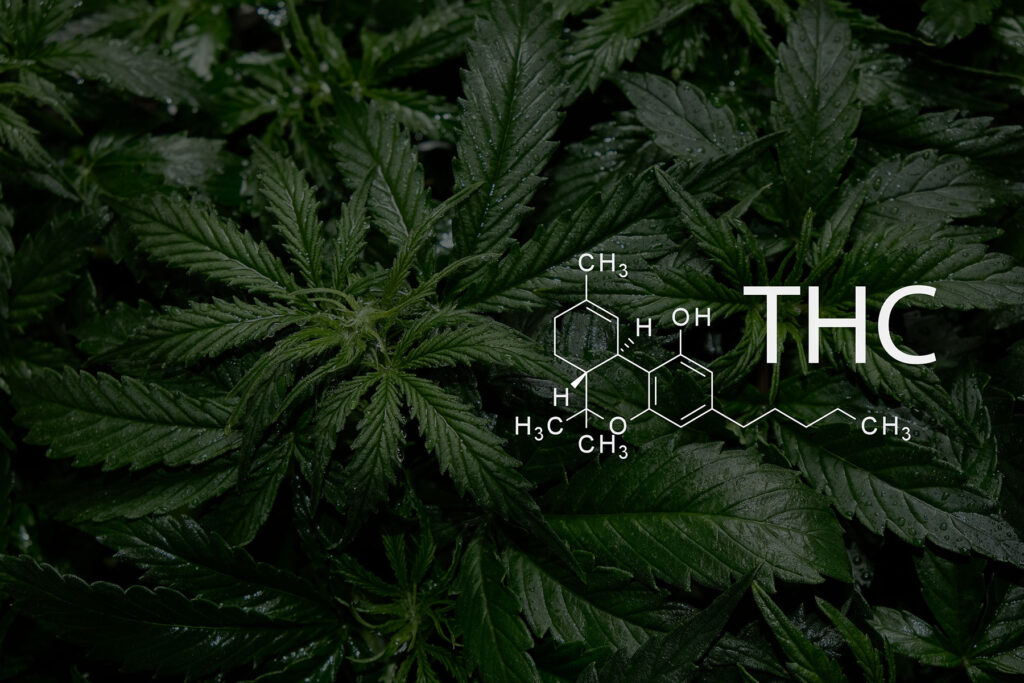Marijuana, or cannabis, is a drug used widely for recreational purposes. Though it is being made legal for people 21 and older in many states, that does not mean it cannot be abused or have side effects. It can lead to addiction, as well. Responsible use of cannabis, like alcohol, is easier for some than others. If you are using this drug at all times of day, unable to go long without craving it, or in any way impaired by misusing it, an addiction treatment center can help you with your cannabis abuse.
The effects of cannabis on those who misuse it can make daily functioning difficult. The active psychoactive element of cannabis is THC. Is THC a depressant? The answer to that and other questions about how THC interacts in your brain and central nervous system can be answered by the professional and compassionate staff at Promises Behavioral Health. Reach out by calling 844.875.5609 or using the Promises online contact form to connect with us.
Cannabis Facts
Marijuana has over 480 constituents, many of which are medicinal in nature, and the reason for the medical use of cannabis. Delta 9-tetrahydrocannabinol, commonly referred to as THC, is the ingredient in cannabis that has a psychoactive effect on users, creating a euphoric high.
THC binds with cannabinoid receptors that all humans have on their nerve cells. When that happens, the impact on those cells can lead to:
- Feelings of pleasure
- Relaxation
- Increased sociability
- Short-term memory impairment
- Poor concentration
- Enhanced sensory perception
- Distortions in time perception
- Poor coordination
- Increased appetite
Heavy use over a long period of time can lead to psychological and, in some cases, physical dependence. The long-term effects vary among individuals, but some symptoms that may develop among those who chronically abuse cannabis include:
- Dizziness
- Tachycardia
- Dry mouth
- Tremor
- Disinhibition
- Dysphoria (restlessness and lack of contentment)
- Inconsistent affect
- Agitation
- Paranoia
- Confusion
- Ataxia (abnormality of voluntary movements)
Only you can know if your use of marijuana has become dangerous. If you are worried about how much cannabis you use or whether you could stop if you wanted to, seek support from professionals at an addiction treatment center like Promises Behavioral Health.
Is THC a Depressant?
THC is a depressant, but interestingly, it is also a stimulant and a hallucinogen. The effects of these three aspects of THC are:
- A sense of relaxation—depressant effect
- An elevation in mood and feeling of euphoria—stimulant effect
- Heightened sensory perception—hallucinogenic effect
These three aspects explain some of the seemingly contradictory symptoms of cannabis use listed in the last section.
For people who have a pre-existing anxiety disorder, marijuana’s depressant qualities can temporarily calm those feelings of pressure, stress, and panic. For those who struggle with depression, the depressive effects of cannabis can exacerbate it. Because no one knows how any unregulated drug will affect them, dabbling in substances that have unpredictable psychoactive outcomes can be dangerous.
Learn More about THC Abuse – Call Promises Today
At Promises Behavioral Health, our addiction treatment center provides evidence-based therapies such as motivational interviewing and cognitive-behavioral therapy (CBT) in either inpatient or outpatient programs. We also offer experiential therapies that are highly effective for those seeking to leave marijuana use behind. These include art and equine therapy. Mind-body treatments such as yoga and massage therapy support the overall treatment plan that is created by your therapy team prior to your arrival based on your unique circumstances and medical and mental health history.
To access top-quality addiction treatment that follows best practices and personalizes every aspect of your program, consider Promises Behavioral Health. We have seven locations in such states as Massachusetts, Texas, Florida, Tennessee, and Pennsylvania.
Reach out today by calling 844.875.5609 or using the Promises online contact form. Our knowledgeable, compassionate staff are ready to answer your questions.

